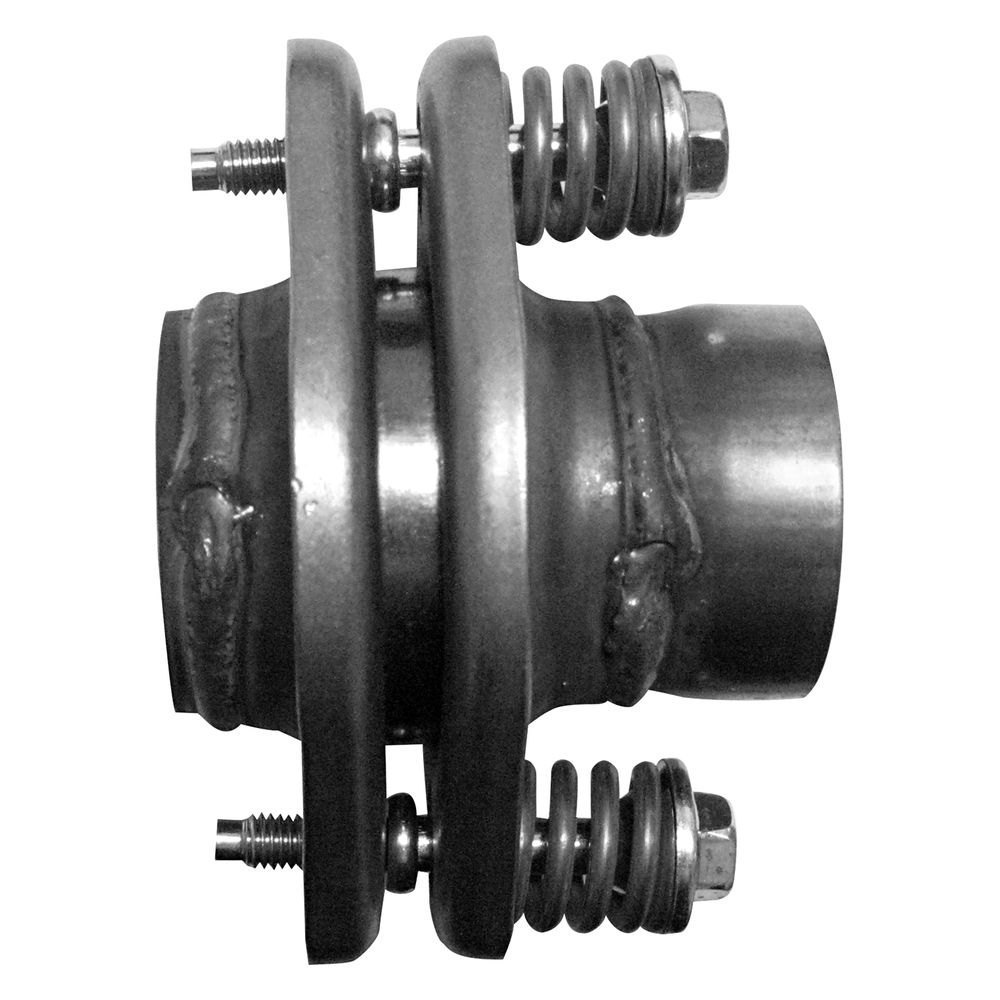Coupefan
True Classic
I've always used those thin paper-like gaskets on the oil pan. While cleaning up yesterday, I found a pretty thick rubber-like gasket, clearly SOHC oil pan gasket. I'm not sure where and when I got it...I have so much crap (car parts) stored everywhere. Thinking it's for a steel pan, not an aluminum? Thoughts? Not petrified, so still usable.

